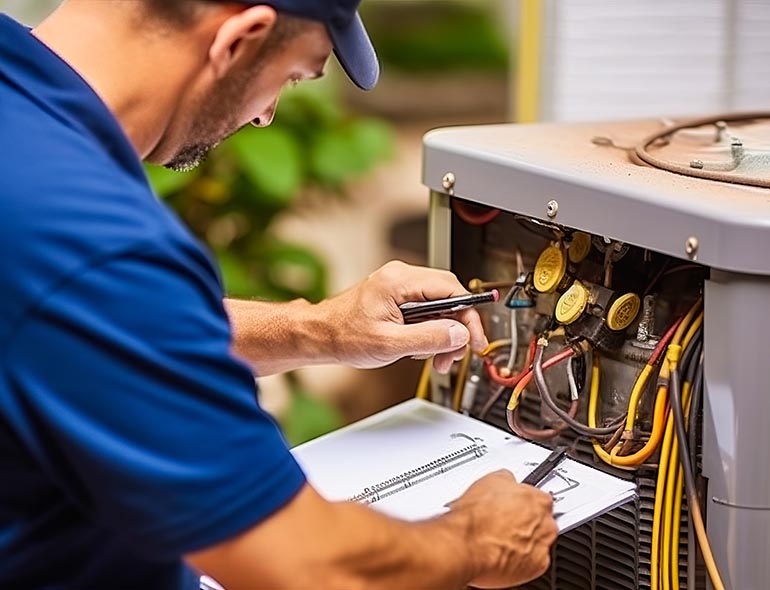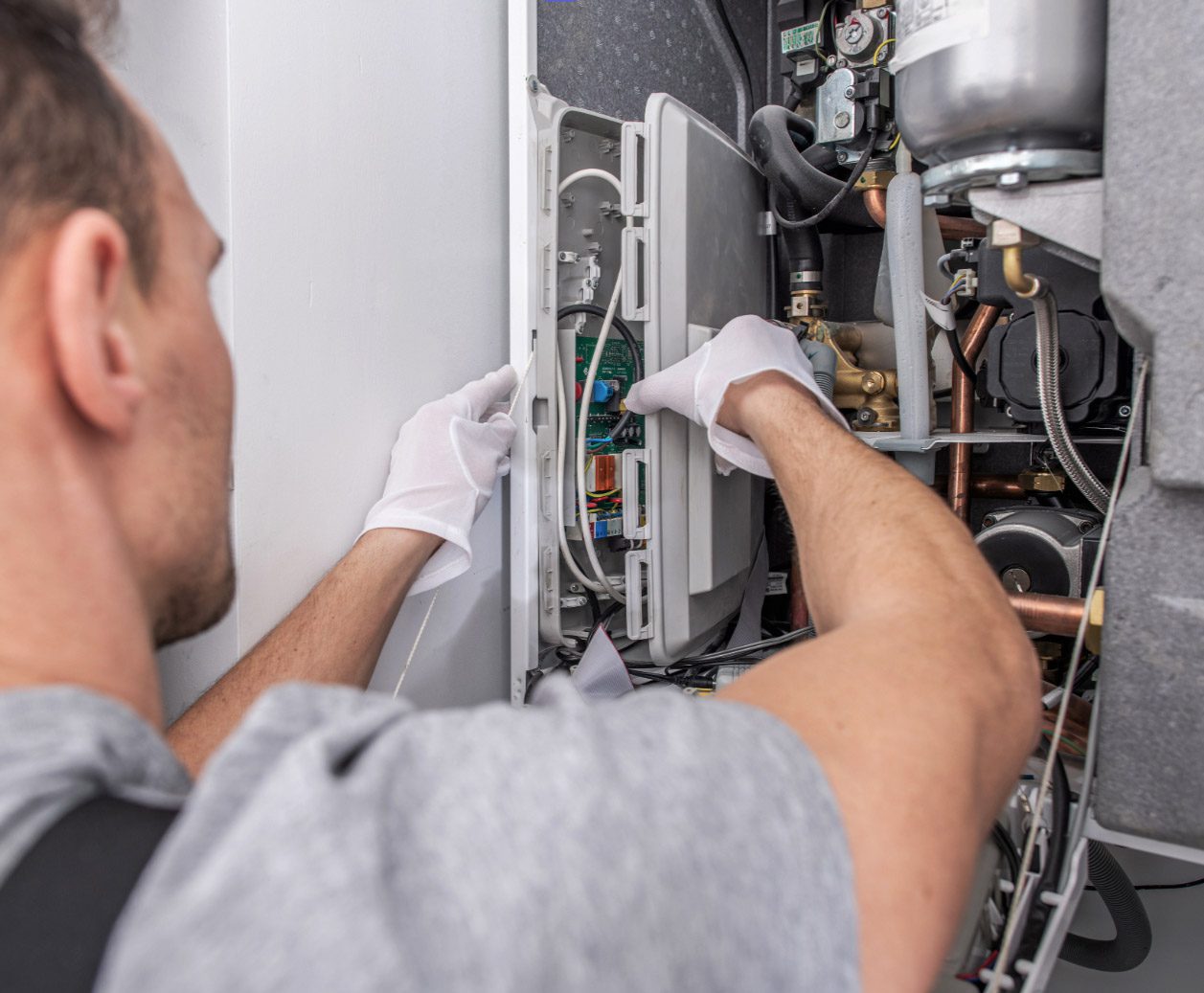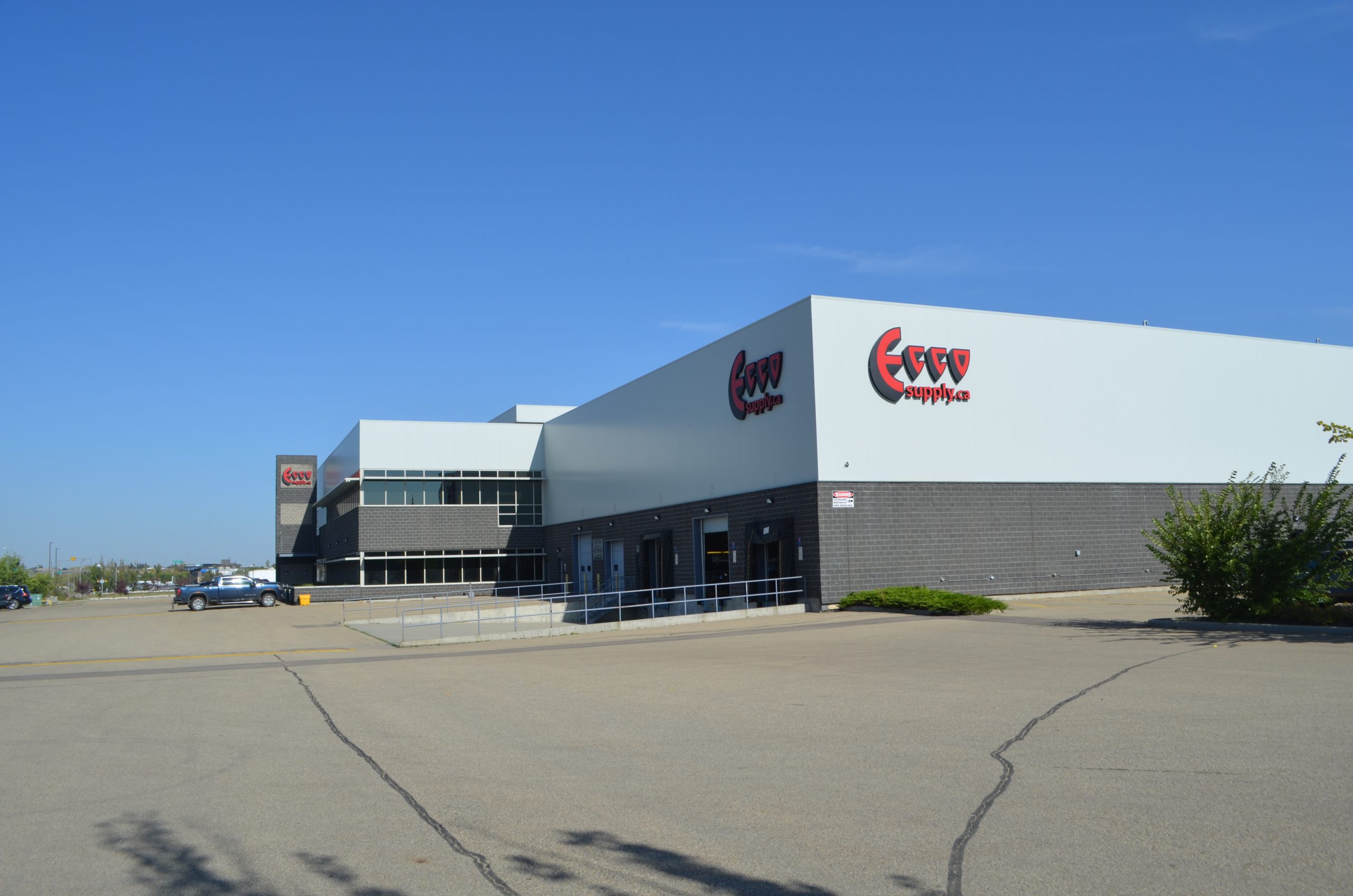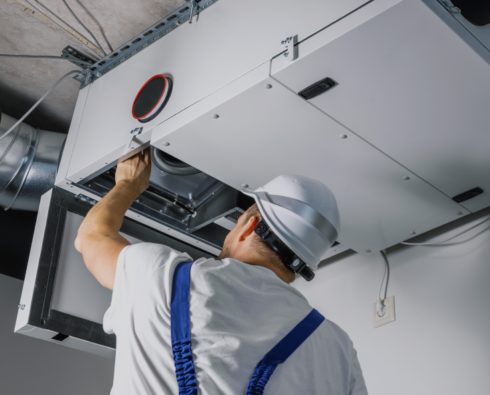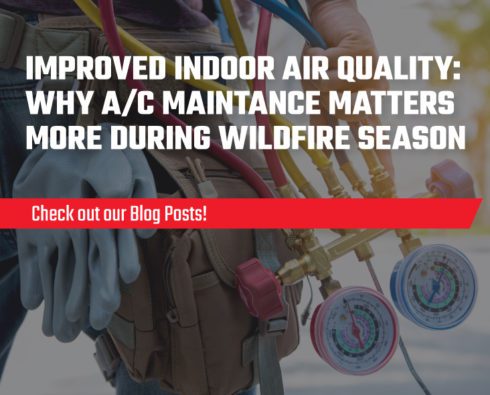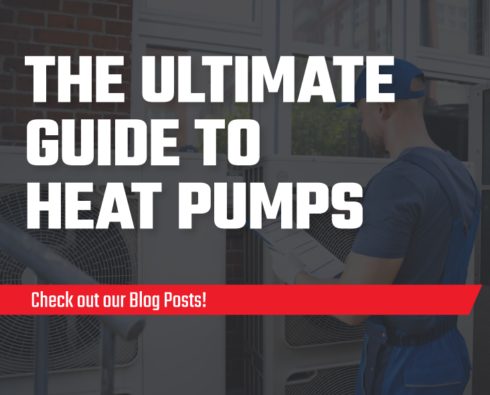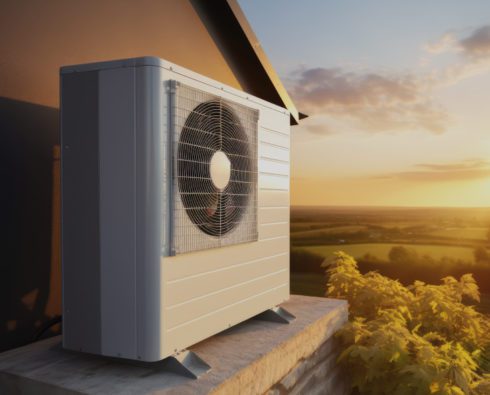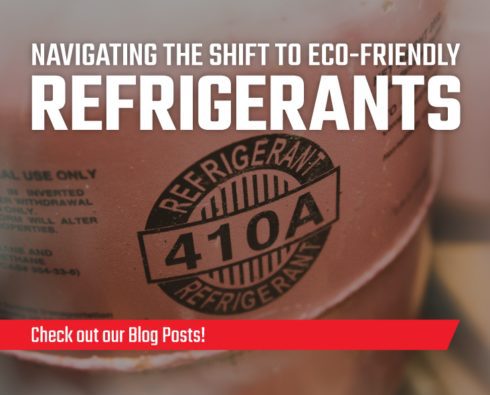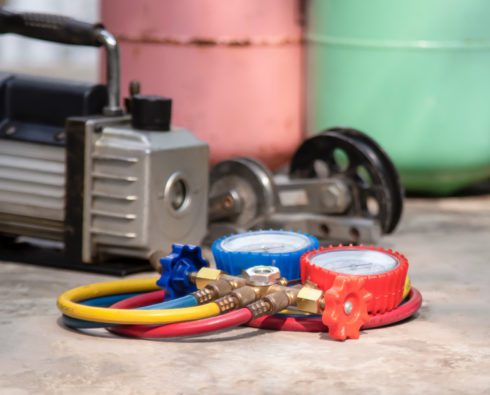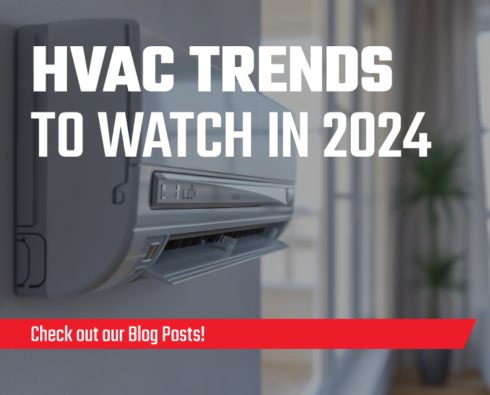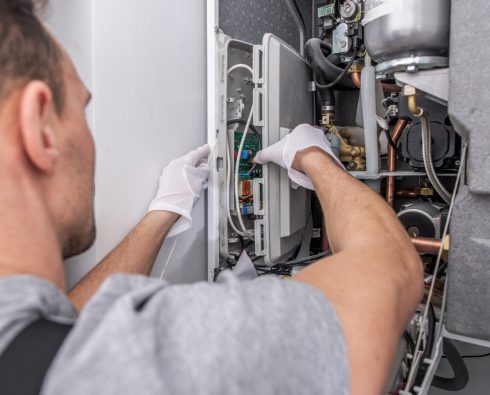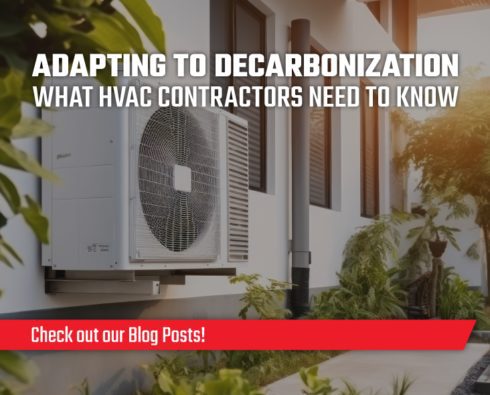
Top Cooling Questions You’ll Hear This Summer (and How to Answer Them)
With a hotter, drier summer happening across Canada, the urgency for HVAC contractors is palpable. Systems are under strain, customers are calling, and you’re juggling urgent fixes with upgrade installs.
To help you stay ahead, we’ve pulled together the top homeowner questions you’re likely to hear this season, plus some talking points and product tips to help you work smarter, not harder.
Why is my air conditioner freezing up?
This issue arises frequently, especially during heat waves. Customers often assume it’s a cooling problem, but the usual culprits are typically low refrigerant, a dirty coil, or airflow issues resulting from a clogged filter.
What to tell your customer:
“It’s not unusual in this heat. The system might be working overtime with poor airflow or low refrigerant. It’s something we’ll need to check and clear up.”
What to do next:
Use it as an opportunity to check the overall health of the system. If the unit is aging, this could be a natural lead-in to a more efficient replacement.
Why is water leaking from my indoor unit?
Water where it shouldn’t be makes people nervous. The usual suspects: a clogged condensate drain or a misaligned drain pan.
Keep it simple:
“Drain line is probably blocked. It happens when dust or debris builds up. We’ll clear it out and make sure it’s draining properly again.”
Regular maintenance could have prevented it, and if the system has been neglected, it’s worth discussing an upgrade with better built-in drainage controls to ensure such issues are avoided in the future.
Do heat pumps cool in the summer?
Yes, they do. And they’re a solid alternative to traditional A/C systems, especially if the customer is also thinking ahead to winter.
Reassure the homeowner:
“Modern heat pumps are designed to cool just like an A/C, and many of them are more efficient. They’re a great all-in-one system.”
This is a good opportunity to explain inverter-driven models and variable-speed options, which help maintain more consistent temperatures and lower energy bills.
What do these error codes mean?
Today’s systems are smarter, but most customers are unaware of the meaning behind blinking lights or E5 errors.
Quick response:
“That code points to an issue with the fan/refrigerant/coil/etc. Let me run a full system check to confirm.”
For your future installations, consider recommending models with remote alerts or smarter diagnostics. Less guesswork and fewer callbacks.
Can I do anything to lower my energy bills?
Absolutely. Equipment efficiency, proper sizing, and regular maintenance all play a role. However, insulation, duct sealing, and thermostat placement also play a role.
Contractor tip:
Use this question to educate and offer practical next steps, such as a filter change, a thermostat upgrade, or improved duct insulation.
It’s also a great time to suggest a new system if there’s one that is oversized, undersized, or no longer functional.
HVAC Products Contractors Rely on This Summer
Here’s a quick look at some top performers HVAC pros are reaching for right now: reliable, in-stock, and built to perform under pressure.
NAVAC Testing Equipment includes HVAC Leak Detectors with a semiconductor sensor and a rechargeable lithium battery, as well as HVAC Refrigerant Tools, such as manifold gauges that deliver precise and reliable data.
Diversitech Linesets in a range of sizes to support reliable refrigerant flow and smooth installs for A/C and heat pump jobs.
GeneralAire Air Filters and Replacement Media Filters to protect HVAC systems from dust and debris while improving indoor air quality for your customers.
TPI Thermometers, a variety of handheld test & measurement equipment.
Most models are in stock now at our branches. Need help choosing the right match? Just ask. We’re here to help with product selection, support, and warranty details.


















